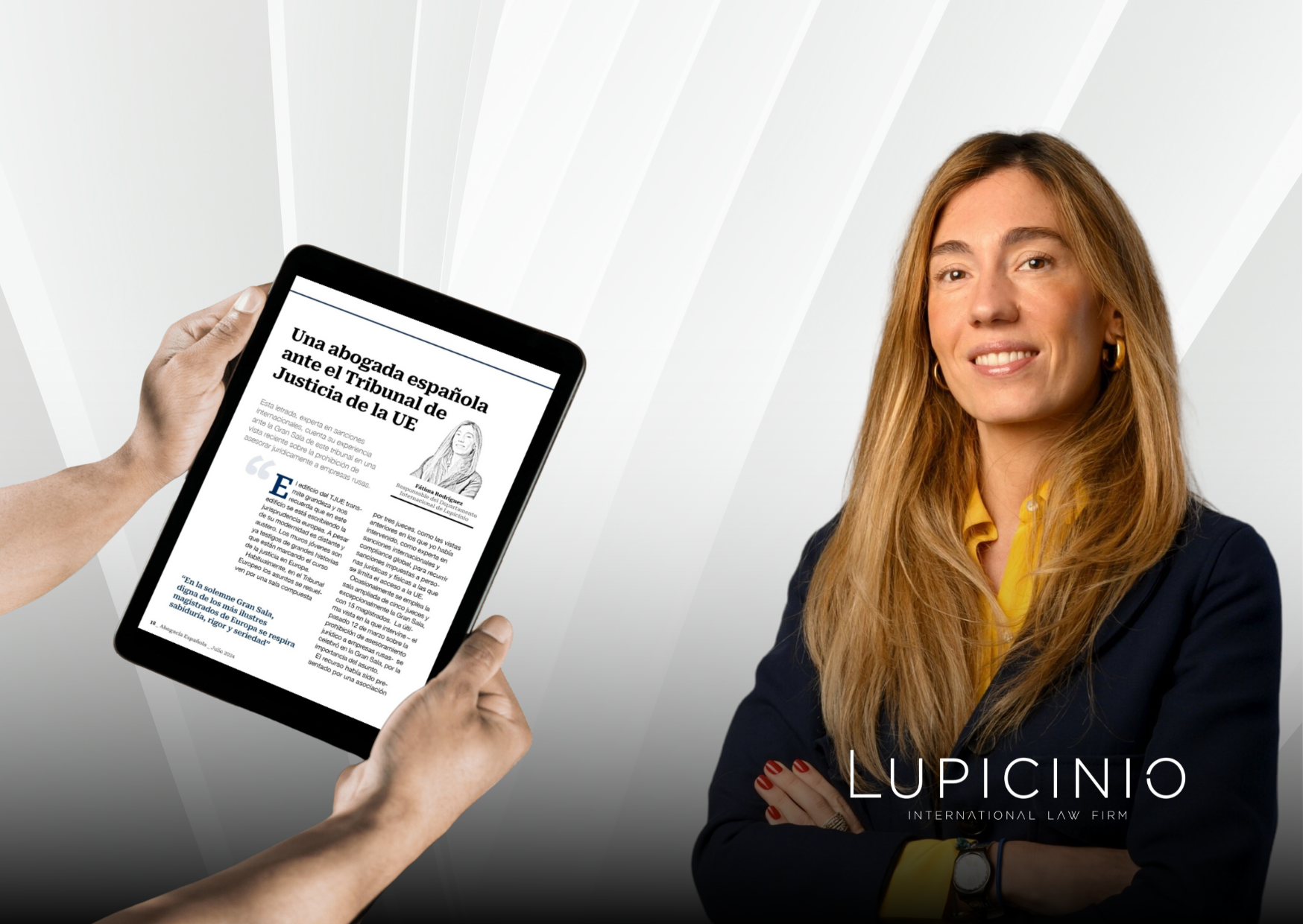On the 17th March, Brussels adopted two measures: the Decision 2014/145/PESC relating to restrictive measures with respect to the actions that undermined or threatened the territorial integrity, sovereignty or independence of Ukraine; and the Regulation (EU) 269/2014, of the Council, which serves under the same title.
Through these provisions, the European authority has decided that the persons listed in the respective Annexes will find their economic funds and resources, whether in their name or under their control, frozen. Nor will they be able to have, directly or indirectly, any financial benefit of any nature – cash, securities, deposits or credit – nor any kind of asset at their disposal,.
None of this is new as similar measures have previously been taken, in terms of content, exceptions, formalities and collaboration with the EU member States, in the case of Iran.
Now with Crimea, the sanctions give the impression that they were agreed in a rather hasty manner, without a basis of deep reflection and preparation. Regardless of a more leisurely analysis, it could be said that they are remarkably inconsistent, and that in the case of an appeal it is likely that, in many disputed areas, they would be waived by the Courts of the European Union. Thus the potential plaintiffs will have the opportunity to hold sound legal reasons for contestation against them.
Although the freezing of funds and goods do not apply to property, it does mean, as has been repeatedly pointed out by the Court of Justice of the European Union, an important restriction for the affected individual. Hence the limits of the law are real and significant, and are even more so if we consider that jurisprudence has reiterated the fact that the right to property forms part of the general principles of EU Law.
Moreover, to determine the scope of said fundamental right is precisely to keep in mind Article 1 of the Additional Protocol No. 1 of the European Convention of Human Rights which refers to the general principles of International Law. Following this fundamental rule, the deprivation of the right to property is legitimate when it is justified, non-discriminatory and in turn correctly compensated.
The sanctions to which we now refer imply, therefore, an unlawful deprivation of the right to property because the three requirements set are not fulfilled. We also understand that it lacks justification and suffers from a discriminatory character, since in many cases, on the justification of sanctions, unacceptable reasons are invoked from the perspective of fundamental rights.
It is surprising to put forward the public exposure of certain political stances as grounds for castigation, such as reclaiming the annexing of Crimea to Russia, or conducting legislative initiatives before Parliament. The EU goes even further beyond this to propose such a susceptible sanction, exposing itself and its contents to the media.
We understand that to sanction a person by freezing their goods and assets for reasons of this nature would mean seriously violating human rights established in the Charter of Fundamental Rights of the European Union. Such attacks on the freedom of information and press, of speech and opinion are unspeakable.
Ultimately, to act against the Vice Prime Minister of Russia because he asks for the reintegration of Crimea would be – mutatis mutandis – like penalizing a Spanish minister for reclaiming Gibraltar.






